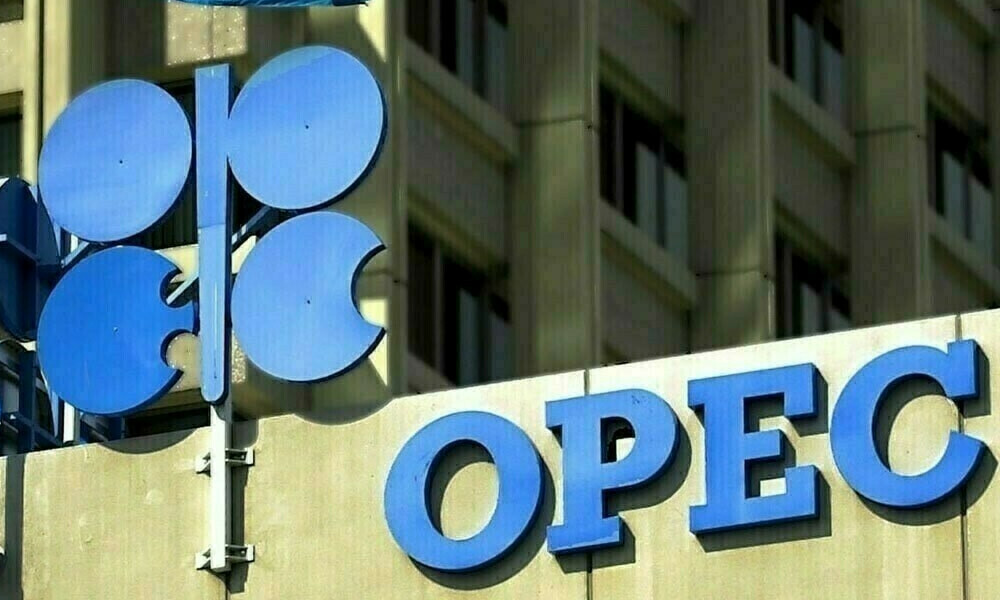In a move that could intensify ongoing challenges in the global energy markets, OPEC+ has announced plans to increase oil production by 411,000 barrels per day in June 2025. This decision follows a similar output hike in May and comes at a time when oil prices are experiencing their steepest decline in four years.
While the oil cartel cites strong supply fundamentals and historically low inventory levels as justification, analysts and market observers are raising concerns. The increase could worsen an already saturated market, especially as Brent crude prices dropped more than 8% over the past week, casting a shadow on the financial outlook of major oil-exporting countries.
What’s Driving the Output Hike?
OPEC+ Defends the Move Amid Market Pressure
Despite the price plunge, OPEC+ leaders maintain that the decision is grounded in data. The group argues that inventories remain tight in key regions, and additional output is necessary to meet what they believe will be a rebound in demand during the second half of 2025.
According to OPEC+ officials, maintaining production discipline is no longer tenable given geopolitical shifts, seasonal consumption patterns, and domestic budgetary pressures faced by member states. Increasing supply, in their view, helps retain market share and prepares for eventual economic recovery in Asia and Europe.
Market Skepticism Remains
However, energy analysts are warning that this decision might backfire. With global demand still weak and economic indicators showing little sign of short-term recovery, pumping more oil into the system could prolong the current glut. Oversupply has historically led to downward pressure on prices, and the timing of this move appears risky.
Industry experts point to declining refinery activity in Asia and stagnation in U.S. gasoline consumption as key red flags. These trends indicate that the market may not be ready to absorb additional barrels, which could result in further strain on already struggling producer economies.
Global and Economic Implications
Price Decline Threatens Exporter Revenue
The sustained decline in Brent crude — now down over 8% for the week — spells trouble for many oil-reliant nations. Countries like Nigeria, Iraq, and Russia depend heavily on oil revenue to fund public services and stabilize their currencies. With oil prices now at their lowest point since 2021, these governments could face fiscal stress in the coming quarters.
Moreover, the oil price drop may impact investment in upstream projects, particularly in regions where breakeven costs remain high. This could lead to long-term underinvestment, potentially triggering supply shocks in future years if demand recovers faster than expected.
Impact on Global Energy Strategy
This latest OPEC+ decision also raises questions about how other global players — including the U.S., China, and the EU — will react. Strategic reserves, renewable energy adoption, and alternative supply partnerships may see renewed focus, especially as energy security becomes more complex in a multipolar market.
Conclusion: A Risky Bet by OPEC+?
By accelerating oil output amid a price slump, OPEC+ is betting on a near-term market turnaround or seeking to crowd out higher-cost producers. Whether this gamble pays off will depend on global demand recovery, geopolitical stability, and how quickly the surplus can be absorbed. For now, markets remain cautious — and so do the economies that depend on them.



